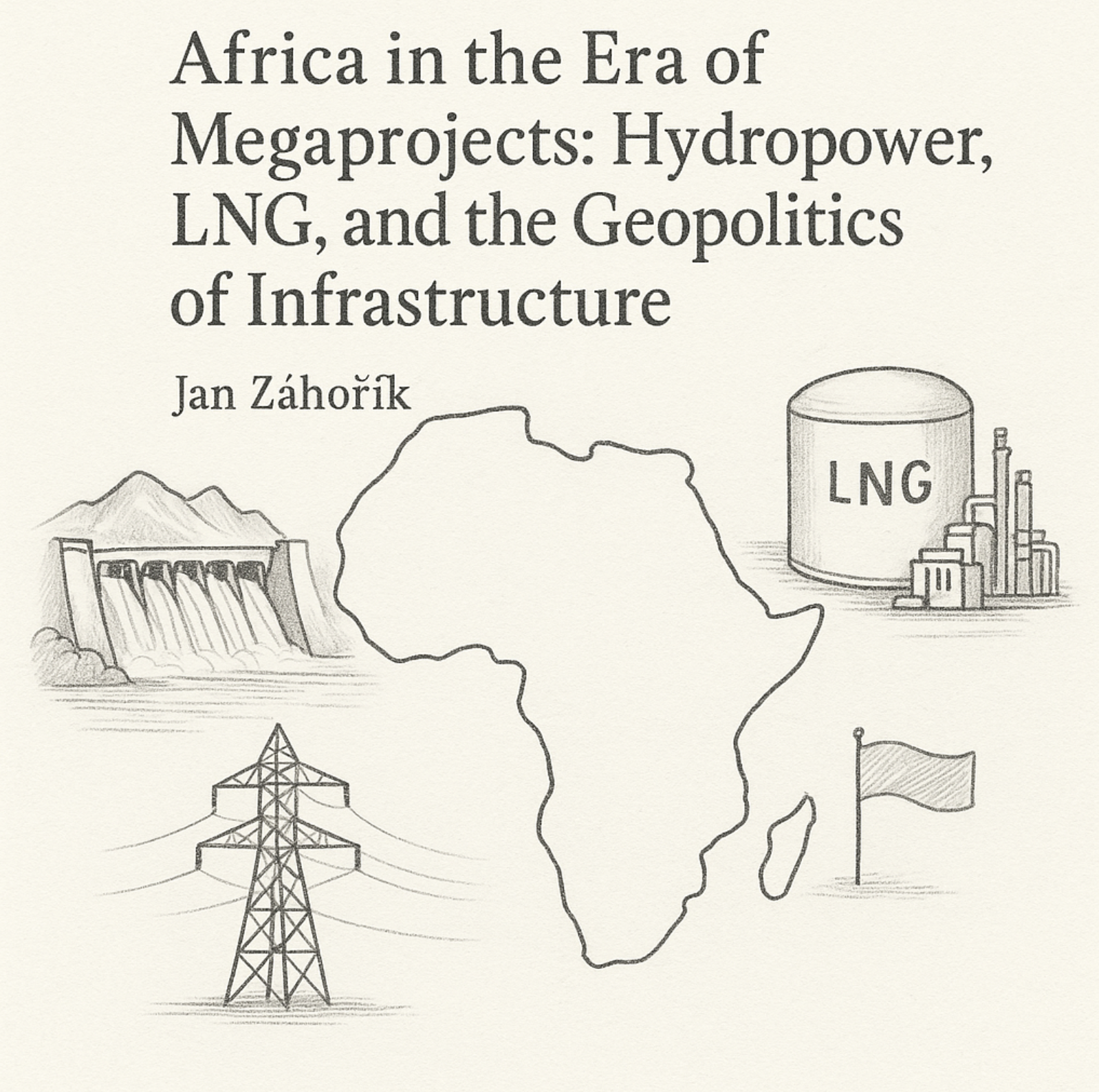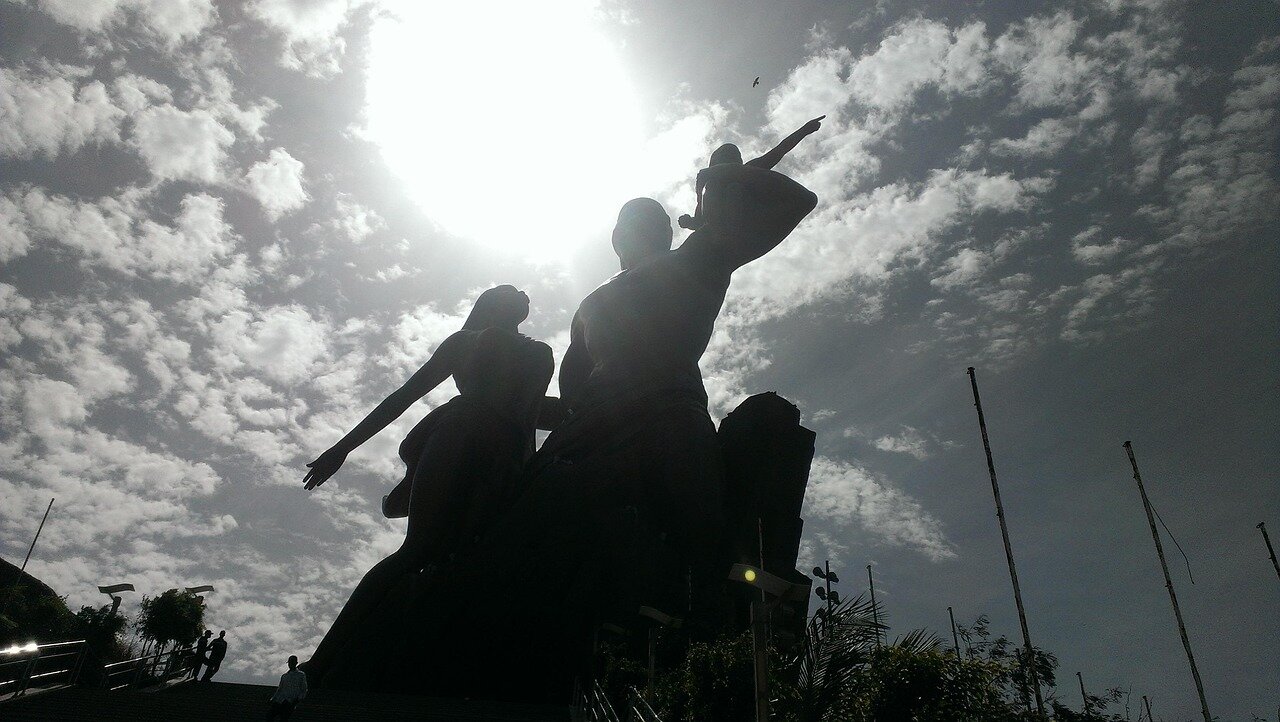During the G20 Summit in New Delhi, India, specifically on September 9, 2023, the President of the United States, Joe Biden, Joe Biden, the Prime Minister of India, Narendra Modi, the Crown Prince of Abu Dhabi, Mohammed bin Zayed Al Nahyan, the King of Jordan, Abdullah II, and the Prime Minister of Israel, Naftali Bennett, signed the economic corridor project that connects India to Europe.

Many economic analysts see this project as an American slap in the face of China's "Silk Road" economic corridor. However, in reality, this project has much more significant implications than the Silk Road, as it presents several sensitive balances in the Middle East region, including:
1. Project Peace:
The passage of the IMEC through the lands of the Kingdom of Saudi Arabia is an economic peace message between the State of Israel and the Kingdom of Saudi Arabia. This means the elimination of any idea of stopping normalization, which the Arab and Islamic systems have long practiced towards the Hebrew state.
This will certainly contribute to the development of sustainable development projects in the Middle East region at the expense of armament projects that have drained the treasuries of Middle Eastern and North African governments.
Saudi Arabia is distinguished from other Arab countries that have joined the Abraham Accords because it has a significant influence on the entire Islamic world, specifically the Sunni part of it. In the Kingdom of Saudi Arabia, there is the Holy Mosque, and historically its lands have been a trade route connecting Anatolia to the Indian Ocean. The Hijaz route has always been a prosperous economic passage that connects the historical land of Canaan with the blessed land of Yemen, passing through Yathrib and Mecca.
It is noticeable that the IMEC project is expanding within the Kingdom of Saudi Arabia to include a road network serving different regions of the Kingdom of Saudi Arabia. This means the possibility of reproducing the historical Hijaz route, which connects the Islamic holy lands in the Kingdom with the holy lands in Israel.
Therefore, in the event of real peace between the Kingdom of Saudi Arabia and Israel, or if it does not happen, this project will represent the beginning of breaking the ice between the two parties, as what unites them economically is much greater than what separates them.
2. Project to curtail Turkish influence internationally:
Turkey played a significant regional role in files such as Azerbaijan, Syria, Ukraine, Lebanon, Palestine, Greece, and Armenia. It expanded its activities to include several Islamic countries such as Afghanistan, Somalia, Libya, and Ethiopia, making it a growing power in African and Asian-European countries.
Turkey benefited from its geographical location as a link between Asian and European countries. It served as a transit route for Iraqi, Russian, and Azerbaijani gas pipelines, establishing itself as an economic and political force over all European countries, which still refuse to grant Turkey membership in the European Union.
The Indian-European economic corridor will not pass through Turkey, which certainly bothers Turkey because the success of this corridor would negatively impact the struggling Turkish economy after the Antakya earthquake. Indian products are much cheaper compared to Turkish products, and the cost of their arrival in the European Union will be very low, leading to significant losses for Turkish companies that will not be involved in this route.
From a political perspective, Greece, "Turkey's traditional rival," will be the biggest beneficiary of this economic corridor since the first lines of this route will be in the port of Piraeus "Piraeus Harbour"[1] in Athens and the port of Thessaloniki[2].
This is certainly disturbing for Turkey because the Greek economy will develop significantly, and several countries will be interested in supporting the stability of their territories and coasts. This means an obstruction to the oil exploration projects that Turkey seeks to implement in the disputed coasts between it and Greece.
3. Project of Marginalization for Iran and Russia:
The Russian and Iranian presence in Syria has deprived Syria of the IMEC project. In fact, Russia opposes such projects because they compete with Russia's gas pipeline project to Europe, eliminating Europe's need for Russia. Russia sought to concentrate its military presence in Syria during the Arab Spring in order to hinder the liquefied gas project from Qatar to Turkey and then to Europe.
Iran is also affected by the Indian-European economic corridor because it enhances the economic power of its Arab and Israeli rivals and deprives Iran of the benefits of the Silk Road supported by China.
From here, we understand Iran's diligent efforts to hinder this project by stimulating the movements of Hamas and Islamic Jihad to carry out qualitative operations that threaten stability within Israel, giving the impression of the difficulty of implementing the IMEC project. Economic success requires stability and security for trade routes, which are not achieved in the presence of Arab-Israeli disputes.
4. Project to stimulate the Egyptian economy:
The Suez Canal is a vital asset for the Egyptian economy, contributing 12% of the national income. While the Indian-European economic corridor poses a challenge to the Suez Canal, it will stimulate economic activity in Gulf Arab countries, benefiting the Egyptian economy. To fully capitalize on this, Egypt must enhance its economic mechanisms to keep up with developments in Saudi Arabia and Israel.
From here, we see the IMEC project as a gateway to developing the economies of the surrounding countries through its routes. Everyone will be affected, and if Egypt succeeds in developing its economic infrastructure, it may be able to extend a network of roads connecting this route to the rest of North African countries, provided that stability and security are achieved in those countries. This will enhance future opportunities for peace and stability in unstable countries like Libya.
The four aspects of the IMEC project offer hope for the development of the Middle East and North Africa. However, the success of this project relies on the collaboration and good intentions of governments. It is essential for the United States, as the main sponsor of the project, to work towards overcoming obstacles by fostering cooperation among governments. Additionally, the United States should implement measures to prevent Iran from supplying weapons to extremist radical groups, which have no strategic vision for the future other than destruction.
[1] The Port of Piraeus, located on the western coast of the Aegean Sea in Athens, serves as the primary seaport for the city. It is the largest port in Greece and one of the largest in Europe. The port is operated by COSCO Shipping, a state-owned company based in China.
[2] The Port of Thessaloniki, located in Macedonia, Greece, is one of the largest seaports in the Eastern Mediterranean. It serves as the primary gateway to the Balkans and Southeast Europe. Situated close to major Trans-European motorway and railway networks, it offers direct access to countries in Southeastern Europe.
.png)







